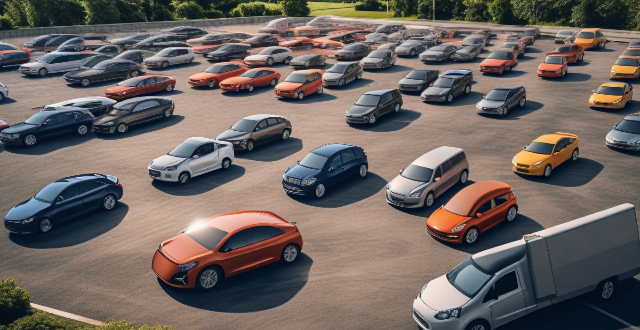Hybrid cars are generally as safe as traditional cars in accidents, featuring multiple safety measures like battery pack protection and automatic disconnection of high voltage systems. However, potential risks include battery fires and electric shocks, which manufacturers mitigate through advanced cooling systems and rapid de-energizing upon impact. Repair costs for hybrid systems can be higher due to specialized parts and labor requirements.

Are Hybrid Cars Safe in an Accident?
Introduction
Hybrid cars, which combine a conventional internal combustion engine with an electric motor for propulsion, have become increasingly popular due to their fuel efficiency and lower emissions. However, concerns about their safety, especially in the event of an accident, are often raised. In this discussion, we will explore whether hybrid vehicles are safe in accidents compared to traditional gasoline-powered cars.
Key Safety Features of Hybrid Cars
*Battery Pack Safety*
- The battery pack in a hybrid car is designed to withstand significant impact without leaking or catching fire.
- Manufacturers use multiple layers of protection including strong casings and isolation from the passenger compartment.
*Crash Testing*
- Hybrid vehicles undergo the same rigorous crash testing as regular cars.
- They must meet the same safety standards set by organizations like the National Highway Traffic Safety Administration (NHTSA) and Insurance Institute for Highway Safety (IIHS).
*High Voltage Systems*
- High voltage cables and components are typically located in areas less likely to be impacted during a collision.
- These systems are also designed to automatically disconnect in the event of a severe crash to prevent electrocution.
*Fuel System Integrity*
- The fuel system in a hybrid car is engineered to shut off quickly in case of an accident, reducing the risk of fire.
Potential Risks and Mitigation
While hybrid cars generally offer comparable safety to their gasoline counterparts, there are some potential risks associated with their unique powertrain components:
*Battery Fire Hazard*
- Although rare, there is a small risk of thermal runaway in the battery pack, leading to a fire.
- Manufacturers have implemented advanced cooling systems and monitoring software to minimize this risk.
*Electric Shock Concerns*
- There is a potential for electric shock if high voltage components are exposed during an accident.
- As mentioned earlier, these systems are designed to de-energize rapidly upon impact.
*Repair Costs and Availability*
- Damage to the hybrid system can be more expensive to repair than a conventional engine due to specialized parts and labor requirements.
- Availability of qualified technicians and replacement parts may vary depending on location.
Conclusion
In conclusion, hybrid cars are generally as safe as traditional cars in the event of an accident. They are equipped with numerous safety features specifically designed to protect passengers and mitigate risks associated with their hybrid powertrains. However, it is important for owners to be aware of the potential additional costs and complexities involved in repairing these vehicles after a collision. As technology continues to advance, it is likely that these concerns will be further addressed and reduced.